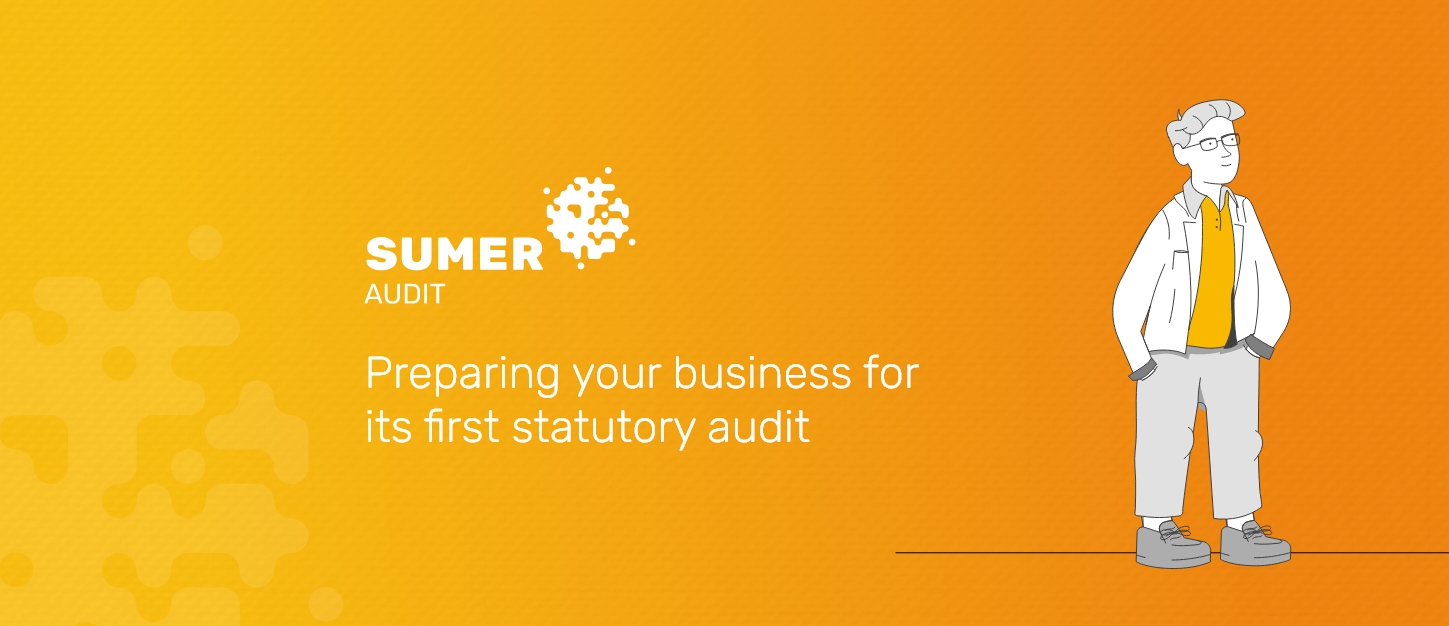Last summer, Labour pledged in its manifesto not to increase taxes on “working people,” explicitly mentioning VAT (and specifically not increasing the rates).
It is clear, however, that the Chancellor is not planning on keeping VAT completely untouched, having already made changes and applied VAT to private school fees.
So, whilst the Chancellor is not expected to raise the standard 20% VAT rate on 26 November, it is well documented that (to ‘balance the books’) taxes will need to increase somewhere – and there are a number of ways to ‘tinker’ with the VAT rules and either increase tax or affect consumer behaviour, while maintaining the appearance of honouring Labour’s commitment to voters.
On the other side of the coin, Labour will be keen to look “progressive” and introduce some measures that are attractive to its core voter population.
Here, Paul Hammond, Indirect Tax Partner at Cowgills, looks at the main VAT and other indirect tax ‘speculations’ ahead of the Budget.
Increase the VAT “headline rate”?
- While organisations like the CBI have urged a reconsideration of manifesto commitments – particularly regarding VAT – there is little convincing speculation that the standard 20% rate will increase.
- Raising the standard rate could raise a lot of tax but would be politically sensitive and might lead to inflationary consequences.
- Changes “within the system”, to thresholds or reliefs, seem more likely.
Change the VAT threshold?
- The Resolution Foundation, a think tank closely linked to the Government, has proposed gradually lowering the VAT threshold from £90,000 to £30,000. They argue this will boost competition among businesses and raise about £2 billion annually by 2029-30 – but this could be seen as a tax on small businesses (which would again be unpopular, particularly given the Employers’ NIC increases in the last budget).
- On the flip side, some speculation has the VAT registration threshold rising to ease the compliance burden on smaller firms. This seems unlikely, given the wider pressures and that such a change would need to be funded from elsewhere.
- If the VAT threshold was frozen, inflation would gradually push more businesses above the limit, bringing them into the VAT system and increasing tax revenue without explicitly raising taxes – which might be more palatable for all concerned.
Remove reduced and zero VAT rates?
- A reduced VAT rate of 5% applies to a wide range of goods and services, including home energy. Some items, such as children’s clothing and certain essential food and drink products, are subject to a zero rate.
- Scrapping or increasing these lower rates could bring in an extra £24 billion (IFS estimate), but full removal would be controversial and inflationary.
Tinker with reduced and zero rates?
- Remove VAT on domestic fuel: The Chancellor is reportedly contemplating removing the 5% VAT from domestic fuel bills. The aim would be to support households facing high energy costs and wider inflation challenges. On the face of it, this could save the average household £86 per year (and would be a good news story heading into winter!) – but this would cost the Treasury £2.2 billion annually (and require finding) and would benefit all income groups equally, so may not be considered “progressive”.
- Introduce VAT on unhealthy foods: A different targeted approach, like taxing unhealthy foods, might generate some revenue and be more acceptable. On the plus side for the Chancellor, such a measure could be presented as seeking to relieve the burden on the NHS (for example), and simplifying a very complex (and highly litigated) area of tax law – but, on the downside, this could be seen as a tax on the working class , and the backlash the Conservatives faced in 2012 following the proposed introduction of the so called “pasty tax” may still sit strongly in the memory of the Chancellor.
Increase betting and gaming duties?
- Currently, the gambling sector enjoys exemption from VAT but, instead, there is a range of different gambling taxes, including a 21% levy on remote gaming.
- Some MPs want higher taxes on the industry, and the Institute for Public Policy Research has suggested pushing some rates up to 50% could raise an estimated £3bn.
Tax private hire vehicles (PHVs)
- At present, the position regarding the taxation of PHVs is ‘hit and miss’ from a VAT perspective.
- The government may seek to introduce a 20% VAT on PHV journeys (dubbed the ‘taxi tax’), hitting private hire operators (PHOs) but not traditional taxi drivers.
- This shift could substantially affect PHV pricing and the cost structures for operators, as PHOs may need to either absorb the additional 20% VAT or pass the cost on to passengers.
VAT relief for the hospitality sector
- Groups within the hospitality, retail, and leisure sectors are advocating VAT reductions to help alleviate inflationary pressures, rising costs, and increased competition – and past governments have supported this sector in the past (notably during COVID) through targeted VAT reliefs.
- Potential measures could include reduced VAT on specific services—such as food served in pubs.
- Any support in this area would be strongly welcomed by clients in the hospitality industry, but the likelihood of such changes depends on whether it can be funded from elsewhere.
Tightening compliance and administrative changes
- The Government is already consulting on digitalisation initiatives such as e-invoicing and online marketplaces, so it is expected that proposals will emerge to strengthen tax administration (focused on increasing compliance and bridging the VAT gap).
- This may include closing loopholes, enhancing VAT reporting, and possibly introducing more frequent or real-time data submission requirements.
- These changes could affect all businesses, potentially requiring them to invest substantial resources to ensure compliance.
Adding VAT to private healthcare
- Former Labour leader Lord Kinnock suggests taxing private healthcare to fund the NHS, potentially raising £2 billion.
- However, for now, Health Secretary Wes Streeting has ruled this out!
Final thoughts
- While a headline VAT rate hike seems unlikely, the upcoming Budget may still bring significant changes through threshold adjustments, removal of exemptions, or targeted reliefs. With fiscal pressures mounting, alongside pressures to make the tax system more progressive, and political promises in play, the Chancellor will need to strike a careful balance between raising revenue and supporting growth. Businesses should stay alert to any VAT announcements and be prepared to adapt quickly. If you’d like to discuss how potential VAT changes could impact your business, please get in touch with our team via the form below – we’re here to help you navigate what’s ahead.


